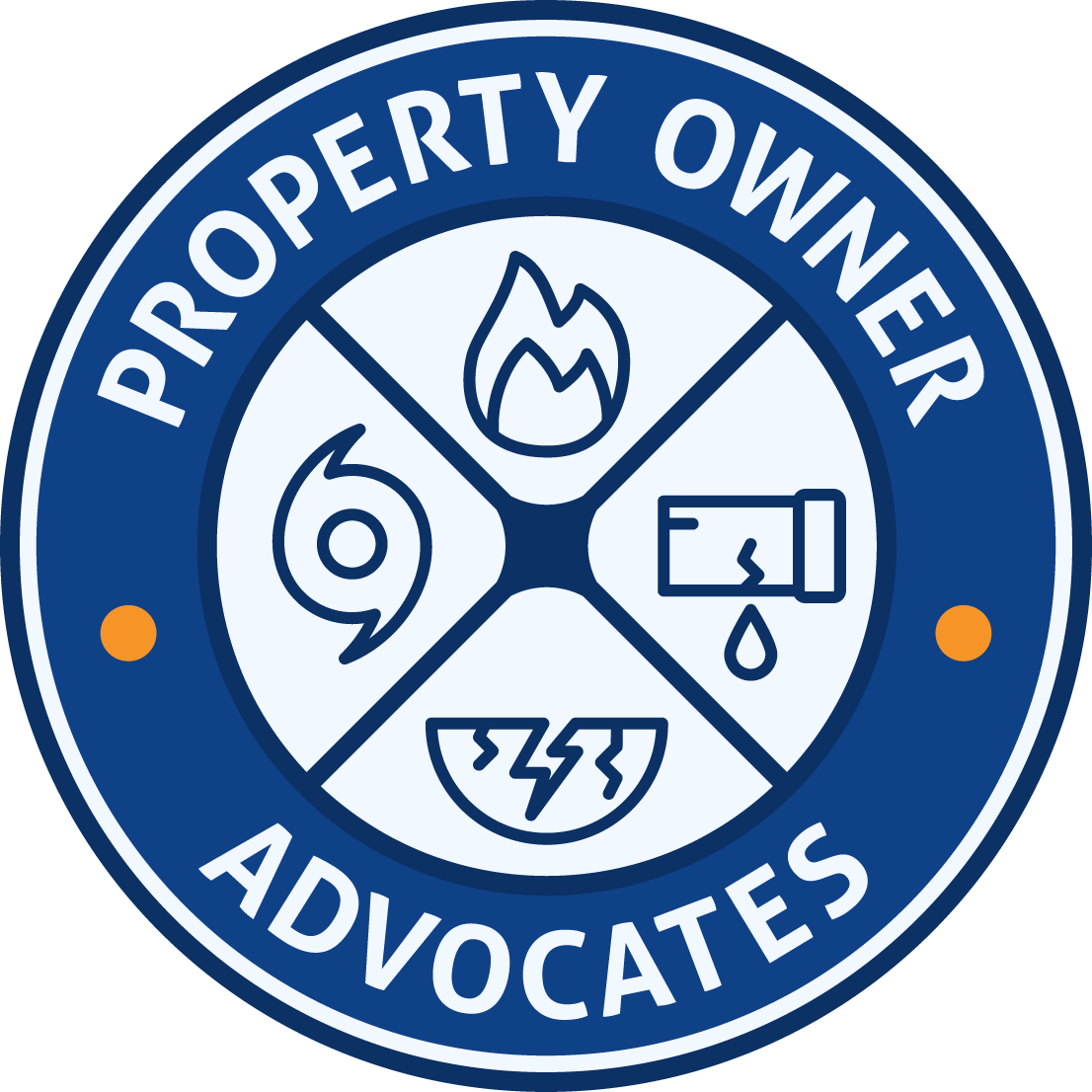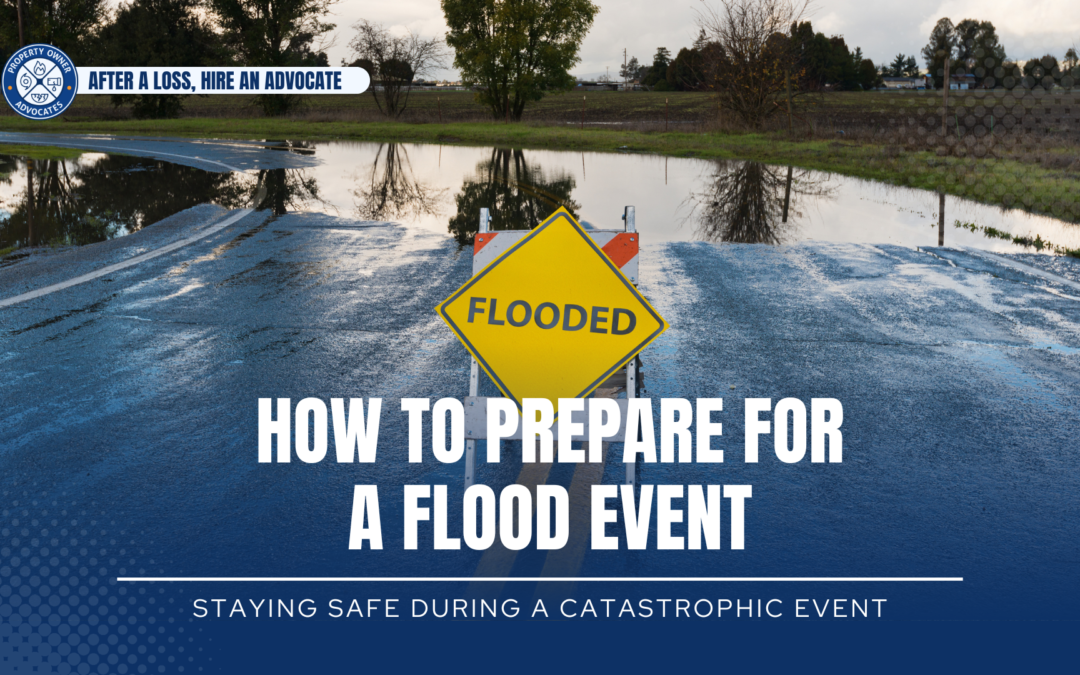Floods are one of the most devastating natural disasters that can occur, causing extensive damage to not just residential and commercial properties, but the contents within them as well. For residents in Florida, or Resident state, flooding has become something increasingly frequent. Just look at the areas impacted by Hurricane Ian such as Naples and Fort Myers or more recently such as the historic Fort Lauderdale flooding or Hurricane Idalia.
Dealing with the aftermath of a flood can be particularly stressful, not yet taking into account the fact you will be filing an insurance claim. Property insurance claims involving floods are very particular types of claims, and due to the fact that personal/business property is usually involved, they can get quiet complicated relatively easily.
Let’s talk more to about how to successfully handle a flood claim.
What To Do Before A Flood
Take steps to protect your home, family, financial interests if you live in an area exposed to flooding risks. Take extra precautions when flooding is specifically forecasted for your area.
The best way to protect your home and belongings from flood damage is to purchase flood insurance – don’t let your prized possessions and assets be ruined with few options other than to come out of pocket in the event of an uncovered loss.
Here are a few steps you and your family can take to be ready for flooding:
- Get flood insurance. Most homeowners insurance does not cover flood damage. Do an annual “insurance check-up” with a licensed policy expert to make sure that you have the right coverage and amounts of coverage.
- Know your flood risk. Search your address in the Flood Map Service Center (linked in sources below) to learn if you live, work, or travel in areas prone to flooding.
- Document everything. Take photos and videos of all major household items and valuables. Retain these documents in a safe place because they are important when filing insurance claims. Establishing a baseline of “Before” will show just how much damage occurred in your “After” pictures.
- Store important documents. Consider storing physical/hardcopy documents in a watertight safety deposit box.

How To Minimize Your Flood Losses
Minimize your potential losses from flooding by taking the following steps:
- Elevate and anchor utilities. If safe and possible to do so, elevate and anchor critical utilities on your property, including electrical panels, propane tanks, sockets, wiring, appliances, and heating systems.
- Waterproof your basement. Install a battery-operated backup pump in case of power failure to protect your basement.
- Elevate or move your furniture. When flooding is predicted, move furniture and valuables to a safe place, like an attic or the highest elevation of the property.
Stay alert by monitoring the local news and weather reports and sign up for emergency alerts. Have a communication plan ready in the event of a power outage.

In conclusion, having to survive a flood event or arrive to pick up the pieces of the aftermath is a difficult and straining experience. Don’t forget that there are professionals licensed to be your advocate.
If you ever need help after a flood, please call us directly at (800)-884-3638

